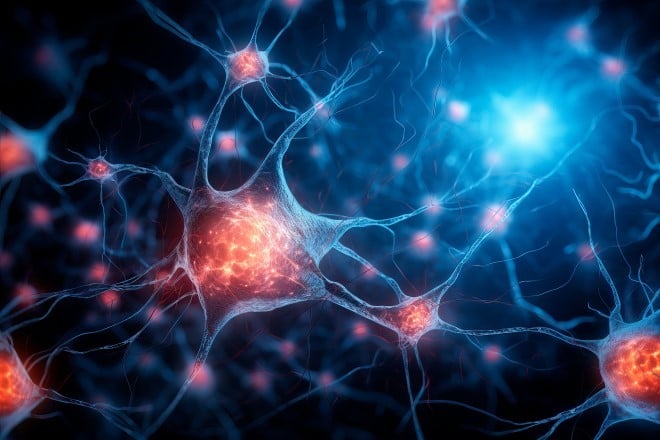
- Scientists develop the first human model to study the effects of an opioid overdose and reversal with naloxone.
- The new model contains functional, reprogrammed human brain cells that accurately mimic the human brain region shut down by an opioid overdose causing asphyxiation and ultimately death.
Fatal drug overdoses are an epidemic in the United States, claiming an alarming number of lives and ranking among the leading causes of death. Using drugs alone increases a person’s risk for overdose. However, prompt medical attention can prove to be lifesaving, primarily through the administration of naloxone, a rescue medication that blocks the effects of opioids.
In recent years, synthetic opioids such as fentanyl have flooded the drug supply and are increasingly deadly, sometimes requiring more than one dose of naloxone. In response to this urgent need, the Helping to End Addiction Long-term® Initiative, or NIH HEAL Initiative®, has taken proactive steps to seek out new treatments for opioid use disorder and overdose.
A small, but critical region in the brainstem that controls breathing is shut down during an opioid overdose. Until now, opioid overdose testing systems have relied on cells from rodents, despite the limited translation of these models to outcomes in humans. HEAL researchers funded by the National Center for Advancing Translational Sciences used lab-grown specialized brain cells to accurately mimic the brain shutting down in response to four different opioids, including fentanyl, then reversed the effect with naloxone.
The next phase for this research involves development of a five-organ human-on-a-chip model. This expanded, multi-organ system aims to monitor functional changes to multiple organs during an overdose, providing real-time insights into the opioid overdose and recovery process.
National Center for Advancing Translational Sciences (NCATS)
Learn about NCATS's role in the NIH HEAL Initiative.
Learn More About This Research Program
The Translational Research to Advance Testing of Novel Drugs and Human Cell-Based Screening Platforms to Treat Pain and Opioid Use Disorder program supports research to develop accurate research models that reflect human pain biology.
Sign Up to Receive HEAL Research News
Subscribe to the monthly HEAL Digest to receive NIH HEAL Initiative research advances in your inbox.
 U.S. Department of Health & Human Services
U.S. Department of Health & Human Services
